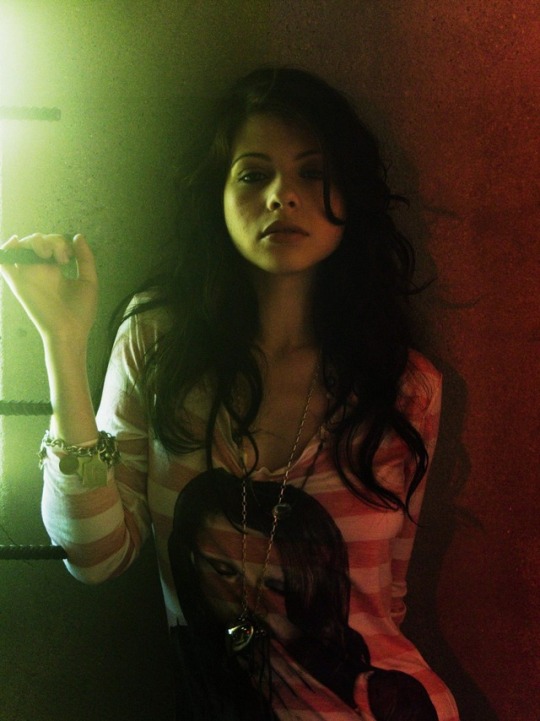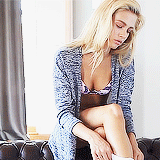|
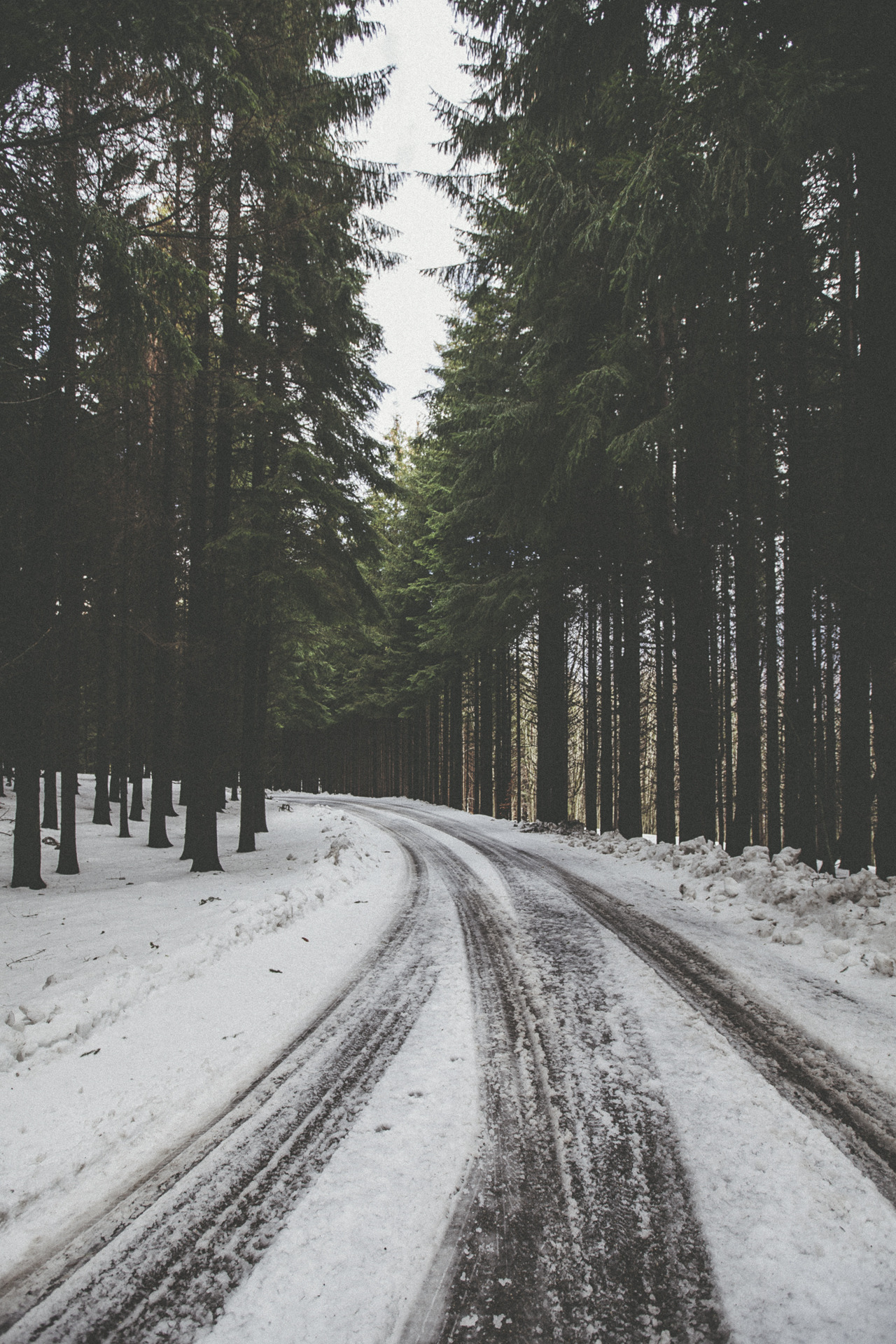
|
Rules
❖ Alcohol is forbidden under the age of 17
❖ Cigarettes are forbidden under the age of 15
❖ All drugs are forbidden
❖ Guns and other shooting weapons aren't allowed outside the shooting range, unless you have permission
❖ Students are not allowed to enter the Archives
❖ Students are not allowed to leave the terrain without permission
❖ Students from the ages 6 to 12 have to be in their building between 8:30 PM and 7 AM
❖ Students from the ages 6 to 12 have to be on their floor between 9:30 PM and 6 AM
❖ Students from the ages 6 to 12 have to be in their room between 10 PM and 5:30 AM
❖ Students from the ages 13 to 20 have to be in their building between 10:30 PM and 5 AM
❖ Students from the ages 13 to 20 have to be on their floor between 11 PM and 5 AM
❖ Students from the ages 13 to 20 have to be in their room between 12 PM and 5 AM
❖ Students have to pay their respects for every graduated hunter.
❖ To avoid misuse of the previous rules, every graduated hunter has to leave the school for at least two years.
❖ The rooms will be checked every sunday. Privacy will be kept, but the dorms have to be clean and tidy.
❖ No one is allowed to hurt anyone in anyway, unless it's during training.
❖ Pets are allowed
Students
❖ This isn't a school for every regular hunter. In fact, only three kinds of children end up here:
- The ones who don't have a Hunter family that is big enough to give them the proper training. They are usually sent by their parents or other family members.
- Orphans. They are the ones who are discovered and usually don't know anything about Hunters until they arrive at the school.
- The troublemakers and unwanted. These children are usually so awful their family sent them away to gain some discipline. Most children belong in this group.
❖ The school houses children between the age of 6 and 20. That means every child has had the test with the photograph and everyone stays - unless something really serious happened - until their graduation.
❖ These children do not excist for the normal world. They don't have valid papers, or those won't be used.
❖ At the moment, there are 186 students housed. There are 53 teachers and 16 other staffmembers.
Vacation
Although this is a hard environment and there isn't much space for mental issues and care, they are not entirely unreasonable. The children can leave the school.
❖ They spend the coldest period of the year (half december - half februari) in a different country. Usually somewhere in Europe or North-America. The school will be divided in groups of maximum 50 and be stationed at a Quarter. This is not a break and the lessons (usually exams) will continue.
❖ The schoolyear ends on the 16th of June. It starts again on the 23rd of July.
❖ They get to go on a vacation in juli. It's three weeks long and they can choose their own destination (one that's on the list (15)). After these three weeks, school starts again.
❖ They often get a few days of during the year.
❖ Last winter, they went to Dubhaile, Scotland.
❖ Although it's not allowed, there are often parties for the students aged 15 or older. They take place in some of the old, not used buildings further north on the terrain.
Training
❖ 6 years old: The children are shown a picture of a vampire. If they cannot see them, they are hunters. This is the age they are allowed at the school.
Start of theoretic lessons.
❖ 8 - 10 years old: The children get their partner - with a maximum age difference of two years, although they try to keep the difference as small as possible - and a small brand of a moon on their right wrist. They start as soon as the youngest of the two turns 8.
Start of practical lessons.
❖ 11 - 13 years old: They get to go on their first hunt, but are not allowed to kill anything - unless it cannot be avoided. They are guided by at least one more experienced hunter couple, who do most of the job.
Choice of specialisations.*
Theoretic lessons stop.
❖ 14 - 16 years old: They get to go on their first, unguided hunt. This is - after graduation - the highlight of their study. This is the moment their first kill happens. After this day, they go on a hunt every two weeks. They get a larger, but simple tattoo. Whenever they reach a certain amount of kills, the tattoo gets more detailed. (1ste kill, 10de kill, 25ste kill, 50ste kill, 80ste kill 100ste kill, 145ste kill, 200ste kill. After this one, a new tatto will be started.)
❖ 18 - 20 years old: They graduate. There's a ceremony each year, but I'm too lazy to think off that. They get another brand of a sun on their left wrist. Afterwards, they get a week to pack their stuff and leave. They are not allowed to come back for at least 2 years. However, they are allowed to keep their contacts and see their friends, just not at school.
❖ Ofcourse, not every student arrives at the school at the age of 6. The ones who are older get an adapted cousre. It's usually more intense and a lot more difficult as they get the same amount of time. Students who arrive really late, usually never become true Hunters and will become Teachers or researchers.
Lessons
Normal
They get a normal education, although it's a bit easier than usual. It's a lot of selfstudy and it's only the basic classes. The older you get, the more you have to do on your own.
❖ Math
❖ English
❖ Russian
❖ Science (Chemistry, Physics & Biology)
❖ (Human) History
❖ Geography
*Specialisations
Every student gets basic training lessons. These are the things the students want to train extra. Another basic lesson is survivaling.
Theoretics
❖ History & Research of monsters (H&RM): You'll learn everything there is to know about monsters, which isn't that much. This is a course that is looked down upon and not many students take it. The History part is quite extensive, but there isn't much budget and interest for the research.
❖ Firearms; History (FH): This is a course that cannot be taken alone. Students who follow weapondevelopment have to take it, while it's an option for the students who follow the course Firearms; Practice.
❖ Handarms; History (HH): This is a course that cannot be taken alone. Students who follow weapondevelopment have to take it, while it's an option for the students who follow the course Handarms; Practice.
❖ History & Research of Hunters (H&RH): You'll learn everything there is to know about Hunters, which isn't that much. This is a course that is looked down upon and not many students take it. The History part is quite extensive, but there isn't much budget and interest for the research.
Practice
❖ Kill & Conquer; Vampires (KCV): This is the course where you'll learn every detail about killing vampires.
❖ Kill & Conquer; Werewolves (KCW): This is the course where you'll learn every detail about killing werewolves.
❖ Firearms; Practice (FP): You'll learn about guns and everything that shoots. You also learn how to use most of them, and choose a few to specialise in.
❖ Handarms; Practice (HP): You'll learn about knives, swords and every weapon that doesn't require munition. You also learn how to use most of them, and choose a few to specialise in.
❖ Close Combat (CC): Here you'll learn how to fight when you don't have a weapon.
Both
❖ Weapon Development (WD): Here you'll learn how to change, improve or invent weapons of all kinds and other aids for hunting. Students who take this course also have to follow the History of both kinds of weapons.
❖ Medicine: This is where you'll learn advanced first aid and everything else you need to know about healing and stuff. The students can choose how many years they'll take this course and when to start, as it's based at level and not at age.
❖ Foreign Cooperation (FC): This is already very specific. The students who take this course will be Travelers, which are some kind of ambassadors/negotiators. This course includes at least 2 more languages (choosing from Arabic, Portuguese, Chinese, Spanish & French), communication and culture & customs. They also take two more short trips to other countries, in octobre and march.
Exams
❖ They have regular tests
❖ There are midterm exams in january and final exams in the last and first two weeks of june.
Money
❖ To keep it easy, we'll just use the euro. I don't have a clue what the normal prices are in Russia (1 euro = almost 60 ruble, but idk how much a bottle of water costs, ya know.)
❖ Every student gets some pocket money. When they're younger than 12, they get 20 the month. When they're older, they get 40.
❖ Kids who still have a family, often get more money sent to them.
❖ The students can earn some money when they do chores.
Sports
❖ There are only teams when the interest is big enough. They play a lot of sports during training, but outside of that it depends. I'll go further on with this if people are interested.
|


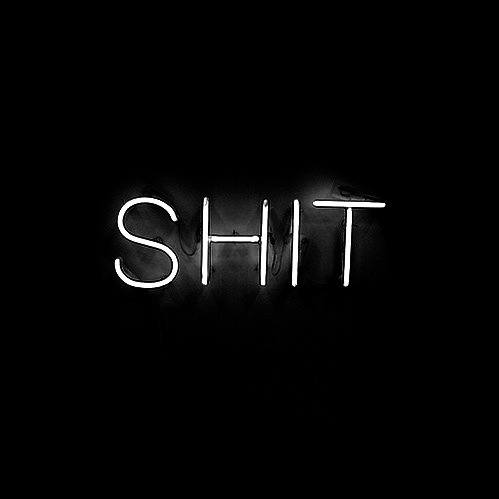
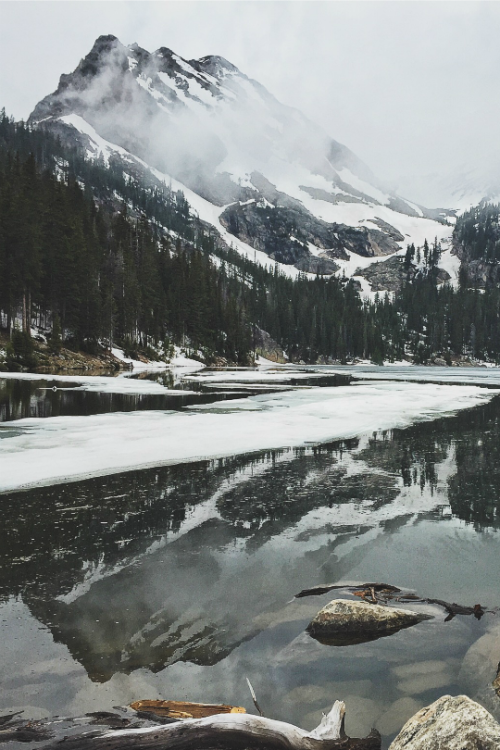

 Classrooms age 12 - 6
Classrooms age 12 - 6 Basketballfields
Basketballfields







